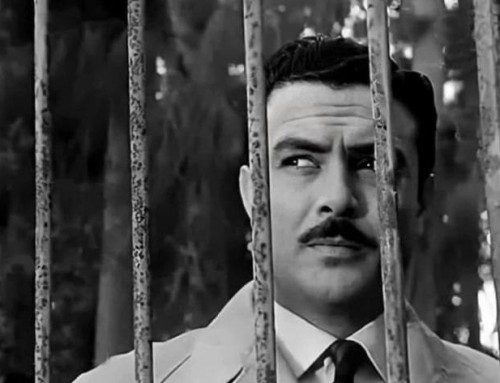The beginning
Film Fixers has a rich and diverse relationship with Zanzibar, stretching from marine documentaries, to anti-malaria projects – to the scouting and establishment of a ‘Survivor’ hub which has already rotated 3 editions in the last year alone.
It means that we not only spend a lot of time there – 8 months of 2021 – but we know the archipelago, specifically Unguja island, intimately.
The location
Despite being close to the equator, Zanzibar still experiences seasonal changes that affect filming – so depending on what you want to film, you need to choose your window carefully. So while it is hot pretty much all year round, the humidity over Summer can be intense – accompanied by glorious storm. Wind direction also affects sea conditions – clary and wave action – if it is clear blue water and white beaches you are after.
The main Unguja Island – and pretty much the entire Zanzibar archipelago – offers a wide variety of location options, from the classic sandy beaches and tropical banana paradise, to mangrove swamps, dense forests with the Red Colobus monkeys endemic to Zanzibar, and rugged coral coastlines. And for most of the year, the sea is a stunning azure blue and crystal clear – with the beautiful dhows and fishing boats of the local communities. It is without doubt the most diverse island location we have experienced.
The Bureaucratic Landscape
Whilst the Islands are almost diametrically opposite to the Tanzania mainland in terms of culture, it is still uniquely African in terms of doing business. Everything is shifting sands – and nothing is concrete. This means that everything is a negotiation. Over the past 4 years we have built an intimate understanding of Zanzibar and its customs, and a deep relationship with the different governmental and non-governmental structures – and how to navigate them. This does not only apply to the formal bureaucratic process of securing the permissions, but also the community structures – which require complex engagement (depending, obviously, on what and where of the project).
This implies that it may be tricky to get all the pieces in place to film is Zanzibar. Yes – and no. Our relationships carry weight – and Film Fixers has an established reputation in Zanzibar – and the resultant political savvy with the local communities and chiefs.
Affordability
Even though it runs on a dual currency with the Tanzanian Shilling and the US Dollar, the cost of living is surprisingly low – if you know your way around and how to negotiate.
The experience
In television production, we are up before sunrise and home long after it set, and so we get to see this location in all its glory – most often than not on a boat. Zanzibar is an African tropical paradise that has gone untouched for so long and is new territory in the film industry. And it also means that most productions are centred around water. In Zanzibar, you need to get the timing right – sea levels change dramatically – up to 4 metres over some periods. And this can mean the difference between hopping onto a boat on the beach, and a treacherous kilometre walk over a sea-urchin floor bed to get to your boats. Here, the sea has no master.
Roads are poorly maintained, so even though the main island is small, getting around takes time – but you don’t notice it as you move through lush vegetation and beautiful vistas – and the most incredible cultural immersions as you travel from village to village.
Despite all the work – Zanzibar is a tourist location for a reason: it is beautiful, and it is simple. The sunsets over the boat ride home, or the early morning light are breathtaking – pretty much every day. So whilst Zanzibar may not be the easiest location, there’s nothing like it.




